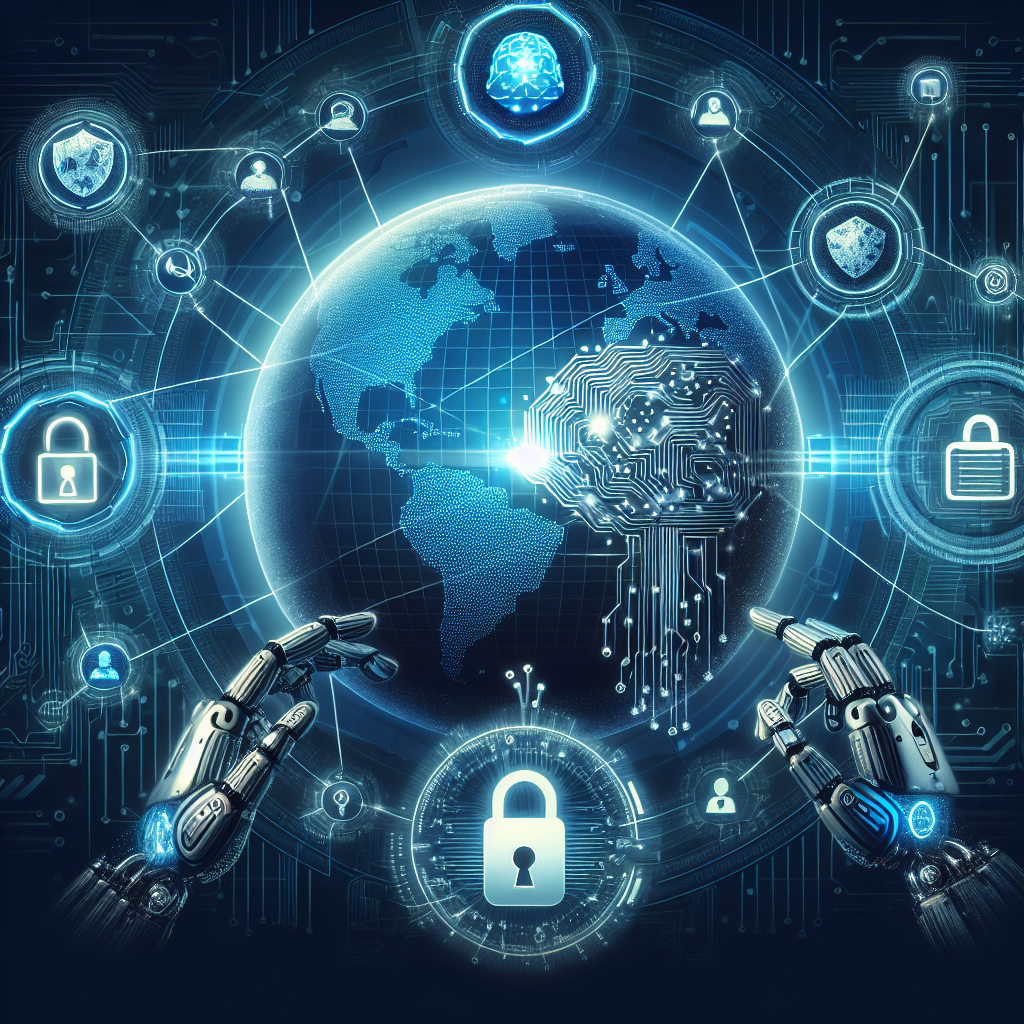Your cart is currently empty!
The Role of AI in Cybersecurity: Enhancing Protection in a Connected World

In today’s increasingly connected world, the importance of cybersecurity cannot be overstated. With more and more of our personal and sensitive information being stored online, the need for robust cybersecurity measures has never been more critical. As cyber threats continue to evolve and become more sophisticated, organizations are turning to artificial intelligence (AI) to enhance their cybersecurity efforts.
AI has the potential to revolutionize cybersecurity by enabling organizations to detect and respond to threats in real-time. By leveraging machine learning algorithms, AI can analyze vast amounts of data and identify patterns that may indicate a potential security breach. This proactive approach to cybersecurity allows organizations to stay one step ahead of cyber attackers and respond to threats before they can cause serious damage.
One of the key benefits of AI in cybersecurity is its ability to automate repetitive tasks and streamline the security process. This not only helps organizations save time and resources, but also allows security teams to focus on more strategic initiatives. AI-powered security tools can continuously monitor network traffic, detect anomalies, and automatically respond to potential threats, all without human intervention.
Another advantage of AI in cybersecurity is its ability to adapt and learn from new threats. Traditional cybersecurity tools are often limited by their pre-defined rules and signatures, making them vulnerable to new and emerging threats. AI, on the other hand, can continuously learn from new data and adapt its algorithms to detect and respond to evolving cyber threats.
Despite its many benefits, AI in cybersecurity is not without its challenges. As AI becomes more prevalent in cybersecurity, there is a growing concern about the potential for AI-powered attacks. Cyber attackers could potentially use AI to launch more sophisticated and targeted attacks, making it even more difficult for organizations to defend against them.
To address these concerns, organizations must implement robust AI ethics and governance frameworks to ensure that AI is used responsibly and ethically in cybersecurity. This includes ensuring transparency and accountability in AI algorithms, as well as regularly monitoring and auditing AI systems to detect any potential biases or vulnerabilities.
In conclusion, AI has the potential to enhance cybersecurity in a connected world by enabling organizations to detect and respond to threats in real-time, automate repetitive tasks, and adapt to new and emerging threats. While there are challenges to overcome, the benefits of AI in cybersecurity far outweigh the risks. By leveraging AI responsibly and ethically, organizations can strengthen their cybersecurity defenses and protect their sensitive information in an increasingly digital world.

Leave a Reply